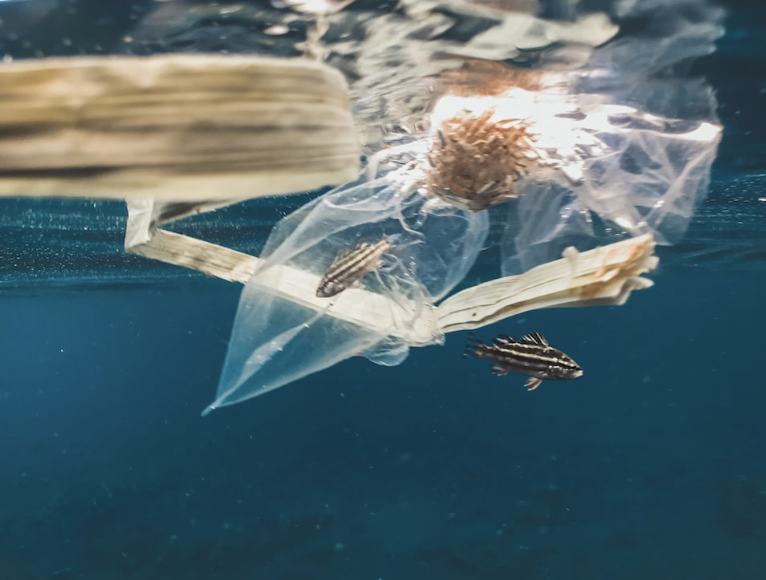Introduction
The United Arab Emirates has made a historic commitment to the environment with its decision to implement a nationwide plastic ban in 2024, specifically targeting single-use plastics. The initiative aims to protect marine environments, promote sustainable practices, and combat the increasing pollution levels attributed to plastic waste.
The Need for a Plastic Ban
The Growing Concern of Plastic Pollution
The plastic problem is a global issue. Every year, millions of tons of plastic waste end up in our oceans, causing harm to marine life and ecosystems. The UAE, with its extensive coastline, is particularly vulnerable to this form of pollution.
Scope of the Plastic Ban
Single-Use Plastics: The Primary Target
The forthcoming ban focuses primarily on single-use plastics, items typically used once before being discarded. These include plastic bags, straws, cutlery, and containers, which make up a substantial portion of the plastic waste generated.
The Extent of the Plastic Ban in the UAE
The UAE's plastic ban is comprehensive, applying to all individuals, businesses, and institutions. It is anticipated to have significant implications for consumer behavior and business operations.


Preparing for the Plastic Ban
Getting Ready for the Change
Preparation is key for a smooth transition into the era of the plastic ban. Individuals, businesses, and government bodies need to start considering eco-friendly alternatives to single-use plastics and adapting their practices accordingly.
Effects of the Plastic Ban
Environmental Impact of the Plastic Ban
The environmental benefits of the plastic ban are vast. It is expected to dramatically reduce the volume of plastic waste entering landfills and oceans, thereby protecting biodiversity and reducing greenhouse gas emissions.
Economic Implications of the Plastic Ban
While the ban may pose short-term economic challenges for businesses reliant on single-use plastics, it is also expected to stimulate the market for eco-friendly products, fostering innovation and new business opportunities.
Social Impacts of the Plastic Ban
The ban is also likely to bring about a significant shift in societal attitudes towards waste and sustainability. It offers an opportunity to foster a culture of environmental responsibility among UAE residents.
Alternative to Single-Use Plastics
Eco-Friendly Alternatives on the Rise
As the plastic ban approaches, a growing market for alternatives to single-use plastics is emerging. These alternatives include reusable bags, bamboo cutlery, and biodegradable containers.
Role of Businesses and Government
Businesses Leading the Way
Businesses across the UAE are already gearing up for the change, with many opting to replace single-use plastic items with eco-friendly alternatives, even before the ban comes into effect.
Government Initiatives and Support
The UAE government is playing an instrumental role in facilitating the transition. Through various initiatives and financial incentives, it is encouraging businesses to develop and adopt environmentally friendly practices.
Looking Forward: The Plastic Ban and Beyond
The Future of Sustainability in the UAE
The plastic ban is only one part of the UAE's broader commitment to environmental sustainability. It reflects the nation's willingness to make significant policy changes for the sake of the environment.
Conclusion
The implementation of the plastic ban in the UAE from 2024 signifies a significant step towards a more sustainable future. According to RECAPP values, it is a powerful testament to the country's dedication to combating plastic pollution and embracing eco-friendly practices. This initiative serves as a benchmark for other nations, highlighting the UAE's leadership role in environmental conservation.
